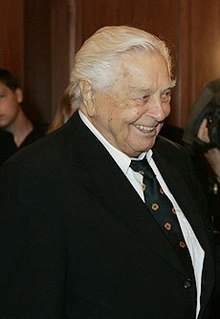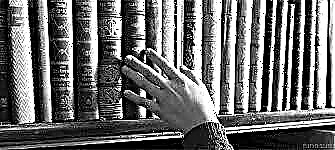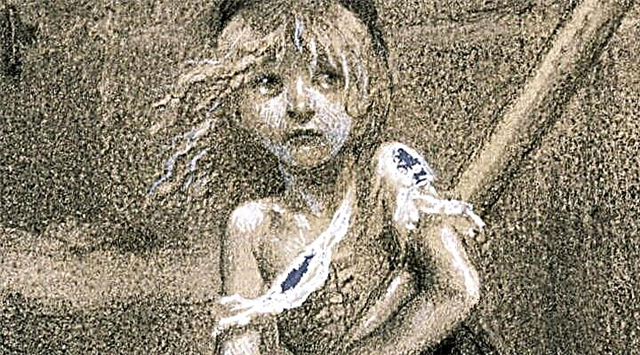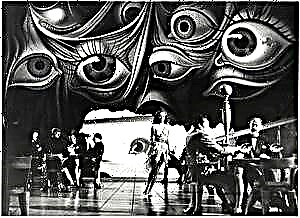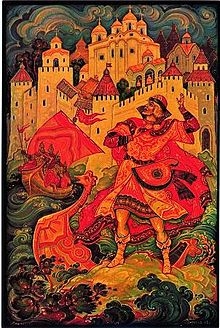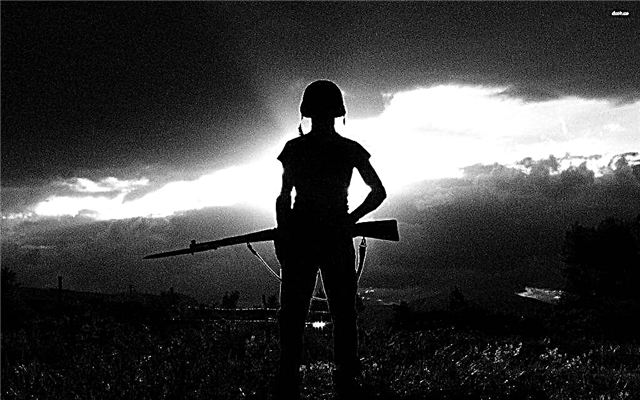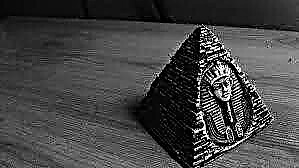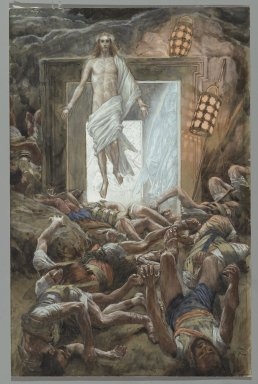(412 words) Bakhtin defined Dostoevsky's work Crime and Punishment as an ideological novel. At the center of the plot is the theory of the main character. Along with its creation, the thought of murder appeared in Raskolnikov’s head. However, in the work there were several factors that contributed to the implementation of the hero's plan.
First of all, it is necessary to understand the essence of Raskolnikov's theory. In his opinion, all people are divided into two types: ordinary and extraordinary. The former lead an ordinary lifestyle, do not stand out from the masses. This is the material for the second type. Extraordinary people have the right to step "through the blood" for the sake of great goals that will bring prosperity to the world. Having created such a theory, Raskolnikov himself wanted to know what type he belongs to ("Am I a trembling creature or do I have the right?"). In this case, the only way to check is to commit a murder. An extraordinary person can calmly step over any vile and low deed; conscience will never torment him.
For a long time, Raskolnikov was tormented by doubts. He felt insecure, afraid to go on such a terrible act. However, he was often pushed by social factors. Rodion lived in a room that looked like a "coffin," "a little cell." He was all "crushed by poverty." The hero was cramped and uncomfortable in his stuffy apartment with yellow wallpaper, thoughts demanded space. Poverty surrounded him everywhere. Raskolnikov met in a tavern with Marmeladov, learned the history of his difficult fate. Rodion saw how his whole poor family lives. How Sonya has to sell herself in order to get money for subsistence, how Katerina Ivanovna, along with her children, is forced to go out and beg for alms. He witnessed terrible scenes of human hopelessness that could not leave him indifferent.
Gloomy Petersburg seemed to push Rodion to a crime. It is no coincidence that Svidrigailov said that this is a city of "half-crazy" people. In July, unbearable stuffiness reigns, the heat suffocates. In the area where the main character lives, at any time of the day you can see pictures of drunkenness, debauchery. From the taverns and pubs, not only male but female voices are heard. In one of these institutions, Raskolnikov heard a conversation between a student and an officer, who played a significant role in the development of the plot.
In the dialogue, the guy proved to his friend that the life of a “worthless, evil” old woman is not worth a thousand great undertakings. The student assured the officer that her money would go to good causes. Raskolnikov heard what tormented him for many days. This dialogue in the drinking room became for him a "call" to action - he thought that his thoughts were true, and that he would certainly be able to finish the job.
So, the main cause of the crime is the hero’s desire to test himself with his own theory. However, in the novel, several factors can be distinguished that led Raskolnikov to such a decision. This is the poverty that surrounded him, and the hopelessness of the people he met, and the harsh, gloomy city of the "half-crazy."

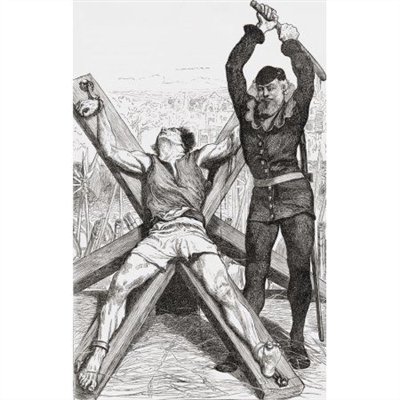
 Ikaromenipp
Ikaromenipp